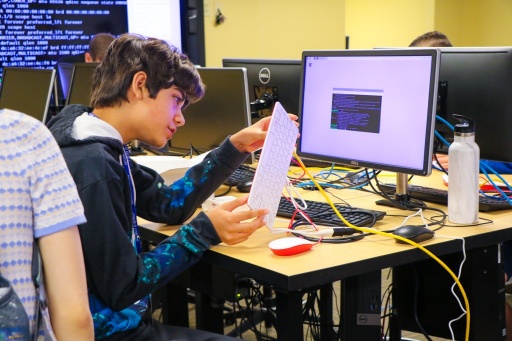Novel malware attacks were up 70% during summer 2023
Over the summer, double extortion became the standard operating procedure for ransomware gangs, BlackBerry reports.
New malware attacks were up 70% during the summer, according to a Global Threat Intelligence report from BlackBerry Ltd., which noted growth in novel malware attacks shows that hackers are diversifying their tactics and tools to bypass security measures, “especially those used in legacy, signature-based solutions.”
The company claimed its AI-powered cybersecurity tools stopped approximately 26 cyberattacks and 2.9 unique malware samples per minute from June-August 2023. For comparison, the period stretching March-May 2023 saw an average of 1.7 unique malware samples per minute, while December 2022-February 2023 saw an average of 1.5 malware samples per minute.
During the period, finance, health care, government and critical infrastructure were the most targeted industries.
Many of the attacks against the finance industry, which includes banks, insurance companies and cryptocurrency exchanges, leveraged previously deployed malware. BlackBerry noted this is a common tactic in widespread cybercrime campaigns.
“In the financial services industry, the process of approving software updates and applying patches often follows a lengthy hierarchical chain, which can be time consuming for IT staff,” the report authors noted. “This extended approval process exposes the systems and data to the unpatched vulnerabilities for longer periods of time, giving bad actors a window of opportunity to take advantage of these flaws.”
…



